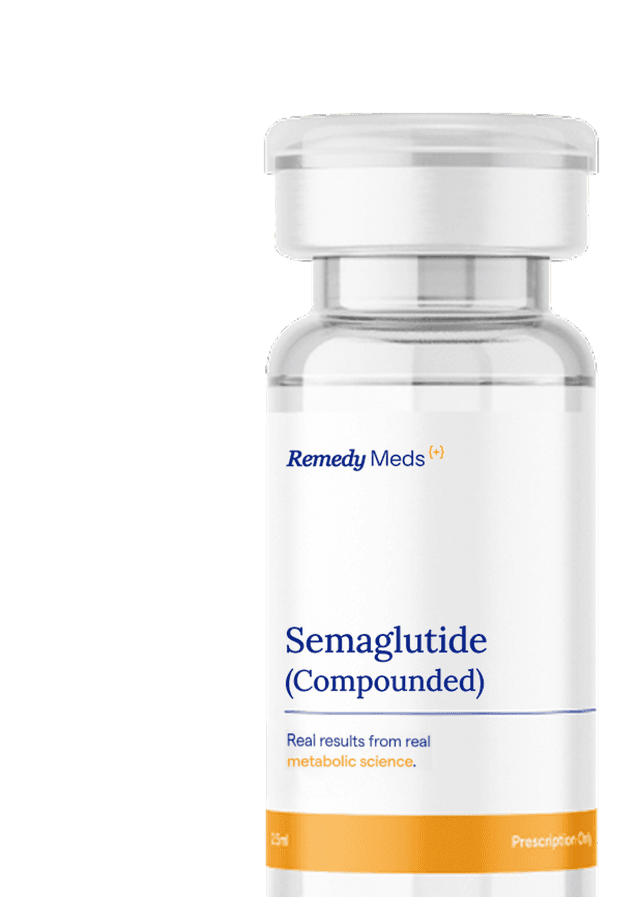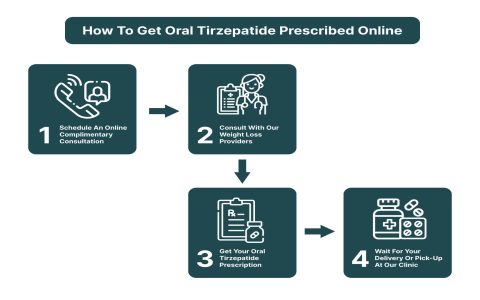When evaluating *, determining legitimacy is vital for avoiding counterfeit medications and health risks. Start by examining verified reviews for red flags like reports of undelivered orders, suspicious pricing, or lack of customer support transparency.
Common Signs to Assess *
Based on industry standards, legitimate pharmacies typically display proper licensing and certifications. Check if * provides clear information on regulatory compliance, such as NABP accreditation or state licenses. Absence of these details often signals potential fraud.
Simple Steps to Spot Fake Pharmacy Sites
Use these actionable tips to protect yourself online:

- Verify licensing: Confirm the pharmacy is licensed in its country of operation through official government databases.
- Check certifications: Look for seals like VIPPS or LegitScript, ensuring they link to verifiable sources.
- Analyze customer reviews: Search for patterns in complaints about quality, delivery delays, or unresponsive service across multiple platforms.
- Require prescriptions: Avoid sites that sell prescription drugs without a valid doctor's approval.
- Inspect payment security: Use sites with secure HTTPS connections and trusted payment gateways.
- Watch for unsolicited offers: Be skeptical of unsolicited emails or ads promising steep discounts or miracle cures.
Always prioritize health by reporting suspicious sites to authorities like the FDA for investigation.









